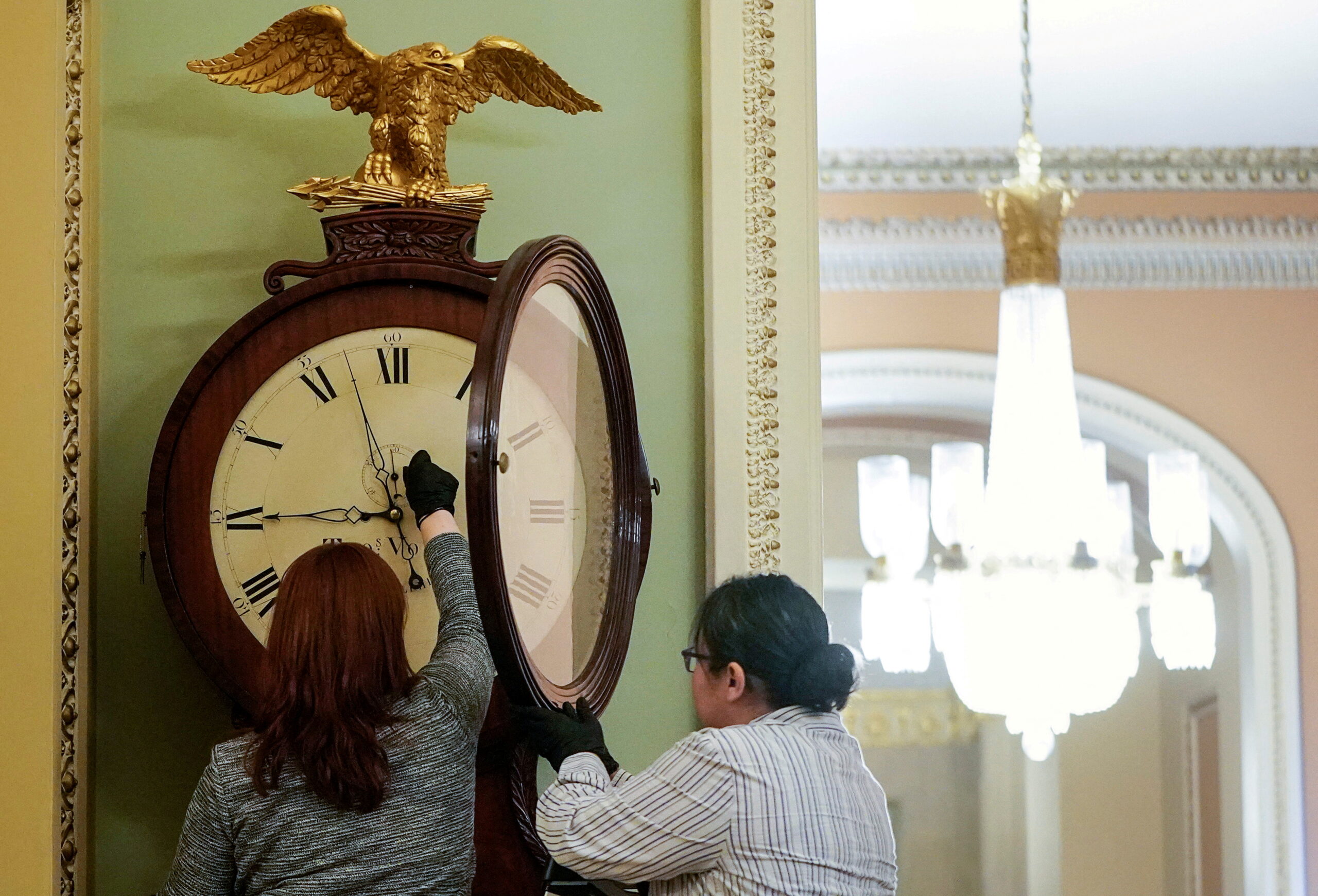WASHINGTON (Reuters), March 15, 2019 – The U.S. Senate passed legislation on Tuesday that would permanently end daylight saving time in 2023. This move was promoted by those who wanted brighter afternoons, and more economic activity.
The Senate unanimously approved the measure called the Sunshine Protection Act by voice vote. The House of Representatives must pass the bill after a hearing in a committee.
The White House did not say whether Biden supported it. A spokesman from House Speaker Nancy Pelosi refused to confirm if the measure is supported but stated that she was closely reviewing it.
Senator Marco Rubio said that supporters of the bill agreed to the change not taking place until after input from broadcasters and airlines in November 2023.
According to supporters, the change will allow children to enjoy outdoor play later in the season and reduce seasonal depression.
Rubio stated, “I realize this isn’t the most important matter facing America but it’s an issue where there’s lots of agreement.” “If this is passed, then we won’t need to do stupid things anymore.”
He added, “Pardon me for the pun but this idea is one that has been waiting its time.“
The National Association of Convenience Stores is against the change and told Congress this month that “we shouldn’t have kids go to school in darkness.”
On Sunday, daylight saving time was restored in most of the United States.
In November, the United States will return to standard time.
Last week, the House Energy and Commerce committee heard a discussion on this issue. Frank Pallone said that the loss of an hour of sleep seemed to affect us for several days. This can also affect the sleep patterns of children and pets.
Pallone supports ending clock switching but hasn’t decided whether he will support standard time or daylight as the permanent option.
Beth Malow, the director of Vanderbilt Sleep Division at the hearing, said that daylight saving time made it more difficult to wake up in the morning. She added, “it’s like living in a different time zone for nearly eight months.”
Pallone cited the results of a poll conducted in 2019 that showed 71% Americans preferred not to change their clocks every two years.
Supporters of the change say it could help prevent the slight increase in car accidents that occurs usually around time changes. They also point to studies which show a slight increase in heart attacks and strokes shortly after the time change. They say the measure will help businesses like golf courses, which could benefit from more daylight in the evening.
“It will have real repercussions for our economy and daily lives,” added Senator Ed Markey.
Since the 1960s, daylight saving time is in effect in almost all of the United States. It was first introduced in 1918. The year-round daylight saving time was first used during World War Two. It was then adopted in 1973 to reduce energy consumption due to an oil embargo, and then repealed one year later.
The bill allows Arizona and Hawaii to continue using standard time. This also applies to American Samoa and Guam as well as the Northern Mariana Islands and Puerto Rico.










